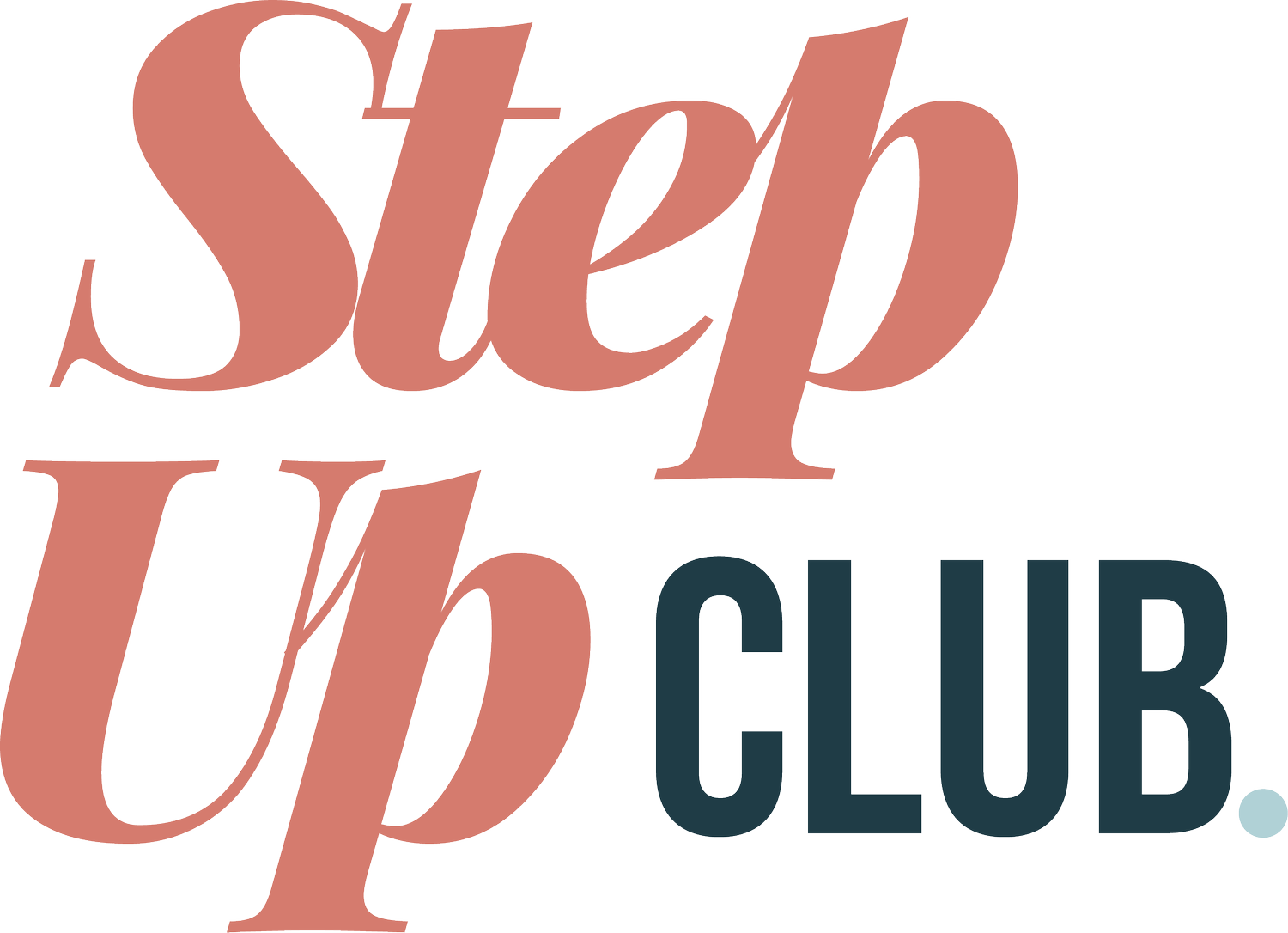How To Win Your Lockdown Work Life
If you want to make one professional advancement during lockdown, make it your adaptability. Because if you can improve your ability to adapt (don’t worry, keep reading and I’ll tell you how) you can turn plenty of this pandemic stress into personal success.
Here’s the good news, you are already way more adaptable than you give yourself credit for. You have already coped with having your freedoms taken away, learnt to live to a completely new beat, perhaps become a teacher overnight, likely transitioned to working from home, and plenty more between. So I want you to stop and appreciate how adaptable you’ve already been.
So what is stopping us at work? Because what I’ve noticed is that while we’re just about coping on the personal front, being adaptable at work – being able to mould to new circumstances – feels scary and unachievable. If this rings true for you, you are not alone. It’s normal to fear change, especially at work when you don’t always hold the ultimate control. But, what’s become more and more obvious is that those who can adapt, who are able to take new risks, put their hands up for unexpected opportunities, who are learning on the hoof and somehow surviving are the ones who are going to thrive and find their new groove first. You can be that person too. Because being adaptable is a process that you can learn by shifting your mindset and doing a bit of jumping in at the deep end.
Here are my top three tips to being adaptable at work.
Be willing to learn. Often the missing link between becoming good at something new, and staying stuck in your old ways is your willingness to learn. Shift your mindset from ‘I can’t’ to ‘I will try’ and suddenly, so many new opportunities are waiting right under your nose.
Take the initiative. Don’t wait for someone to tell you can or can’t do something, just do it. If you work for a company and what you want to try falls within it’s purpose and values, then have a go (if only on a small scale to start with) and then report back with what you’ve found. It might be talking to a new type of client, or trying a new type of morning meeting structure. If it feels good to you, it’ll likely feel good to everyone else too. My advice for entrepreneurs: go with your gut.
Don’t fear failure. Taking a risk always feels scary, but if you can have a broader view on what’s at stake – a win, or an important learning experience – then the leap will feel less paralysing. Failure has an unnecessarily negative connotation; failure can lead to brilliance, have faith in yourself and give everything that you can a go.

